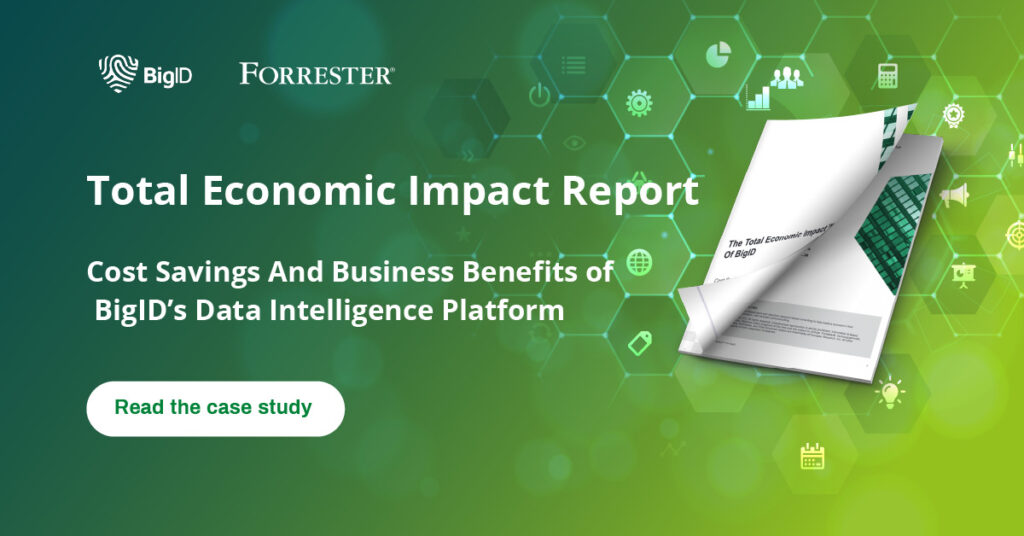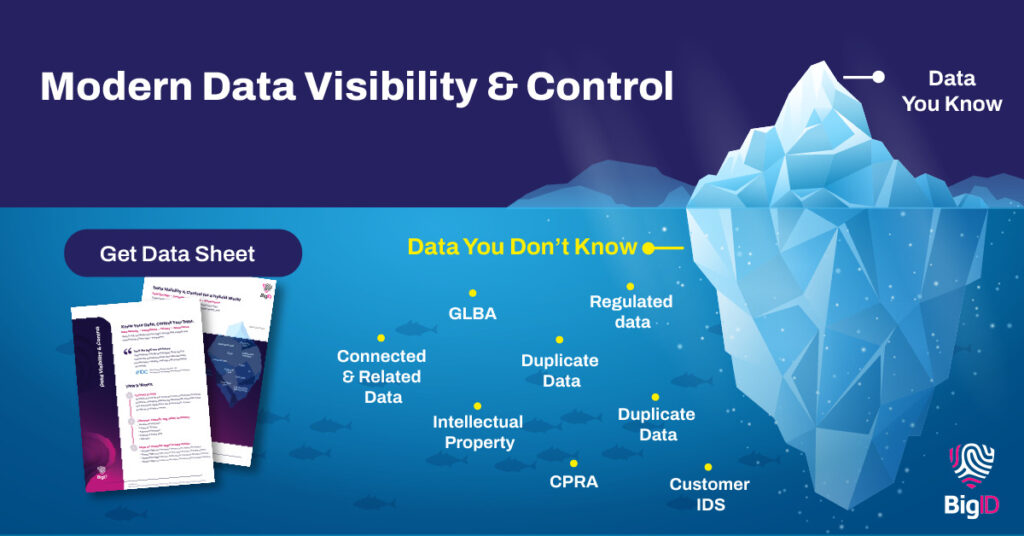The modern data stack approach has become increasingly popular in recent years, as businesses have recognized the importance of data-driven decision-making. By leveraging the power of data, organizations can gain valuable insights into their operations, customers, and market trends, which can help them make more informed decisions and drive growth.
What is a modern data stack?
A modern data stack is a collection of tools and technologies that are used to manage and analyze data in a particular organization or business. It includes various software, programming languages, frameworks, and platforms that can be used to extract, store, process, and visualize data.
In modern times, data stacks have evolved to include cloud-based technologies, big data platforms, and advanced machine learning algorithms. They are designed to be scalable, flexible, and accessible to both technical and non-technical users. These new approaches enable businesses to leverage the power of data in real-time, with greater speed and efficiency.
A typical modern data stack includes multiple components such as a data warehouse, data pipeline, data visualization tools, and machine learning platforms. These components work together seamlessly to provide a complete data solution for businesses of all sizes.
Why were modern data stacks developed?
Modern data stacks were developed to address the growing need for organizations to manage, process, and extract insights from massive amounts of data in a timely and efficient manner. With the explosion of data in recent years, businesses have found themselves struggling to keep up with the demands of data-driven decision-making and the need for real-time insights.
Traditional data management systems, such as relational databases and data warehouses, were not designed to handle the scale and complexity of modern data. These systems often require significant amounts of manual intervention and are unable to support real-time analytics, making them ill-suited for today’s data-driven business landscape.
Additionally, modern data stacks are often designed with data privacy and security in mind, ensuring that organizations can protect their sensitive data from unauthorized access or breaches. This is particularly important in light of increasingly strict data protection regulations, such as GDPR and CCPA, which place a premium on data privacy and security.
Legacy data stack vs modern data stack
Legacy data stacks and modern data stacks differ in terms of the technologies, tools, and approaches they use to manage and analyze data.
Legacy data stacks typically consist of traditional relational databases, on-premise servers, and static data processing tools. These stacks were designed for a different era, where data was much smaller and less complex. They are often limited in terms of scalability and flexibility, making it difficult to manage large volumes of data or adapt to changing business needs.
In contrast, modern data stacks leverage cloud-based technologies, big data platforms, and advanced machine learning algorithms. These stacks are designed to be highly scalable, flexible, and accessible to both technical and non-technical users. They enable businesses to process and analyze vast amounts of data in real-time, with greater speed and efficiency.
Moreover, legacy data stacks are often siloed, with different departments using different tools and technologies to manage their data. This can result in fragmented and inconsistent data, making it difficult to gain a comprehensive view of the business. Modern data stacks, on the other hand, are designed to be integrated, with a range of tools and technologies that can be used across the organization. This allows businesses to achieve a unified and consistent view of their data, enabling them to make more informed decisions.
Modern data stack examples
- Marketing: A modern data stack for a marketing team might include tools like HubSpot, Salesforce, and Marketo to manage customer data and automate marketing campaigns. The team might also use data visualization tools like Domo or Looker to create dashboards and reports that provide insights into customer behavior and campaign performance.
- Financial services: A modern data stack for a financial services company might include tools like Apache Kafka and Spark to process and analyze real-time financial data, along with cloud-based data warehousing tools like Amazon Redshift or Snowflake to store and access historical data. The company might also use machine learning algorithms to detect fraud and predict market trends.
- Healthcare: A modern data stack for a healthcare organization might include tools like Epic, Cerner, or Meditech to manage patient records, along with analytics tools like Tableau and Alteryx to identify patterns and trends in patient data. The organization might also use AI data discovery platforms like BigID to uncover unstructured data like doctors’ notes and patient feedback.
- Manufacturing: A modern data stack for a manufacturing company might include tools like Hadoop and Spark to process sensor data from manufacturing equipment, along with tools like Power BI or Tableau to visualize data and identify patterns in production processes. The company might also use machine learning models to optimize production schedules and reduce waste.
How easy is modern data stack adoption?
Organizations can adopt a modern data stack by following a few key steps:
- Define the data strategy: The first step is to define a clear data strategy, which outlines the business goals, data requirements, and data governance policies. This will help to ensure that the modern data stack is aligned with the organization’s overall business objectives.
- Choose the right tools: The next step is to choose the right tools and technologies for the modern data stack. This may include cloud-based platforms, big data technologies, data visualization tools, and machine learning platforms. The selection of tools should be based on the organization’s data requirements and business goals.
- Develop a data pipeline: The data pipeline is the process of collecting, processing, and storing data. Developing an efficient data pipeline is critical to the success of the modern data stack. This can be achieved by using a combination of batch processing and real-time streaming technologies.
- Create a data warehouse: A data warehouse is a centralized repository that stores all of the organization’s data. This is an important component of the modern data stack as it enables businesses to analyze data from multiple sources in one place.
- Implement data visualization tools: Data visualization tools help businesses to understand and interpret data more easily. This can be achieved by using dashboards, reports, and charts.
ROI insights
By adopting a modern data stack, organizations can benefit in terms of ROI in several ways:
- Improved decision-making: A modern data stack can help businesses make more informed decisions by providing real-time access to data insights. This can lead to improved business outcomes and increased revenue.
- Increased efficiency: The automation of data processing and analysis can significantly increase efficiency and reduce the time and resources required for manual data processing.
- Reduced costs: A modern data stack can reduce costs by using cloud-based technologies, which eliminate the need for expensive hardware and maintenance.
- Competitive advantage: A modern data stack can provide businesses with a competitive advantage by enabling them to leverage data insights to identify new opportunities, optimize processes, and improve customer experiences.

Impacts on data governance
Adopting a modern data stack can help organizations align with data governance in several ways:
- First, modern data stacks typically include robust data management tools that enable organizations to centralize and govern their data. This can include features like data quality checks, data lineage tracking, and access controls to ensure that data is accurate, consistent, and secure.
- Second, modern data stacks often include advanced analytics and reporting capabilities that enable organizations to generate insights from their data in a governed and controlled manner. By using modern analytics tools like machine learning algorithms and natural language processing, organizations can generate more accurate and actionable insights while minimizing the risk of data errors or bias.
- Third, modern data stacks often support compliance with data privacy regulations like GDPR and CCPA, which are becoming increasingly important in today’s data-driven world. By providing tools for managing user consent, anonymizing data, and tracking data usage, modern data stacks can help organizations meet their compliance obligations while still leveraging data to drive business outcomes.
Adopting a modern data stack can help organizations align with data governance by providing the tools and capabilities needed to manage, analyze, and govern data in a governed and controlled manner. This can ultimately lead to more accurate insights, better decision-making, and reduced risk of compliance violations or data breaches.
Enhance Your Modern Data Stack with BigID
BigID is a powerful data discovery and intelligence platform that helps organizations achieve a modern data stack by providing them with a comprehensive understanding of their sensitive data. Using cutting-edge machine learning and advanced AI, BigID allows businesses to locate and classify personal, sensitive, and regulated data across their entire enterprise.
BigID provides a holistic picture of an organization’s data landscape. Unlike traditional data discovery tools that only focus on structured data, BigID can identify and analyze data in all forms, including unstructured data like documents, images, and audio files— allowing businesses to understand the true scope of their data, even in complex environments with multiple data sources and storage locations.
Complying with increasingly strict data privacy regulations is simple with BigID. Automatically and accurately identify and classify your sensitive enterprise data, make it easier for your organization to comply with regulations and avoid costly fines and reputational damage.
Get a free 1:1 demo to see how BigID can help you stay competitive by bolstering your modern data stack today.



